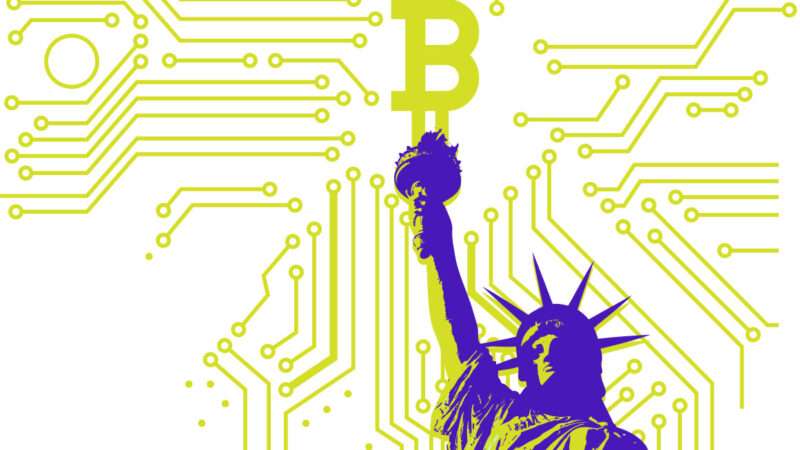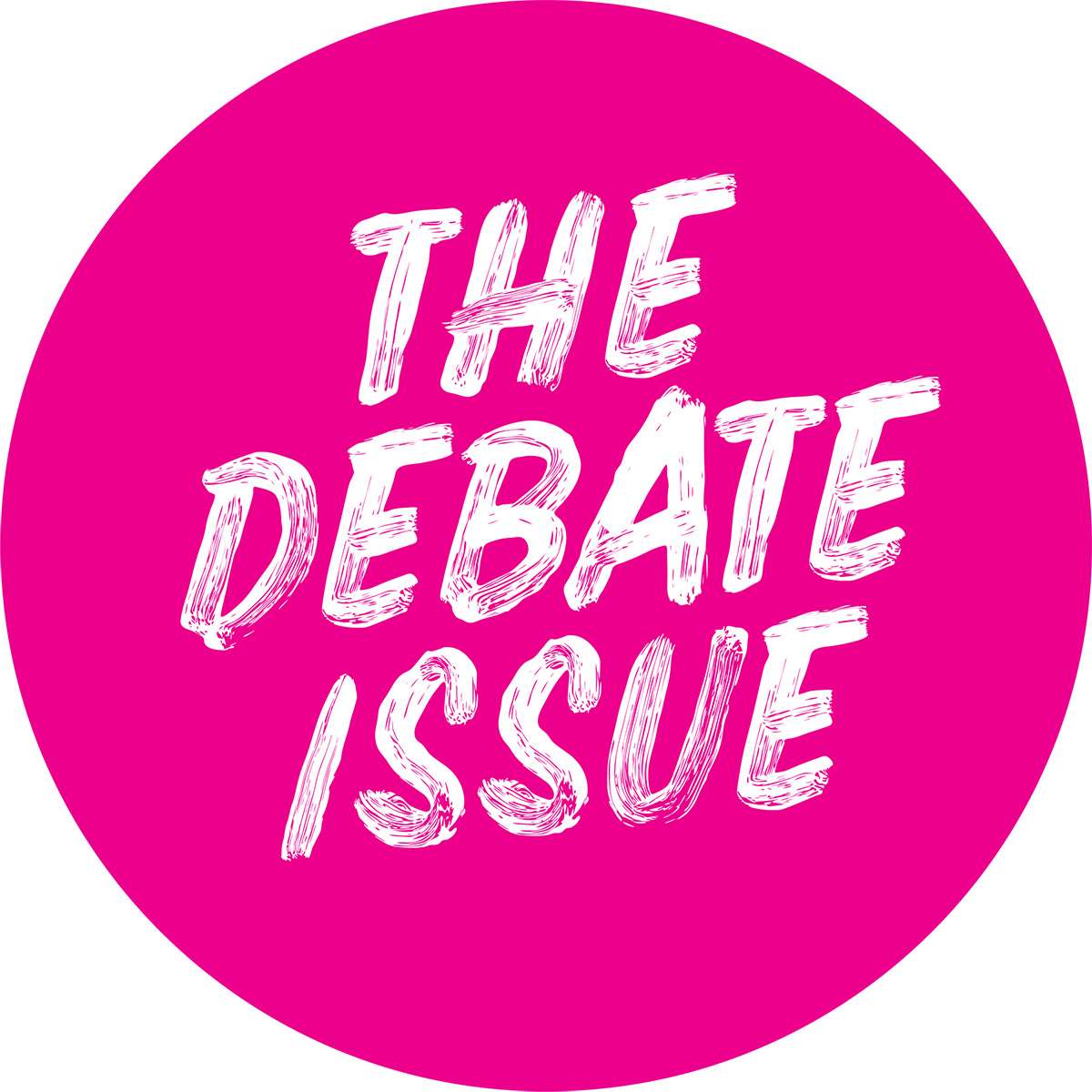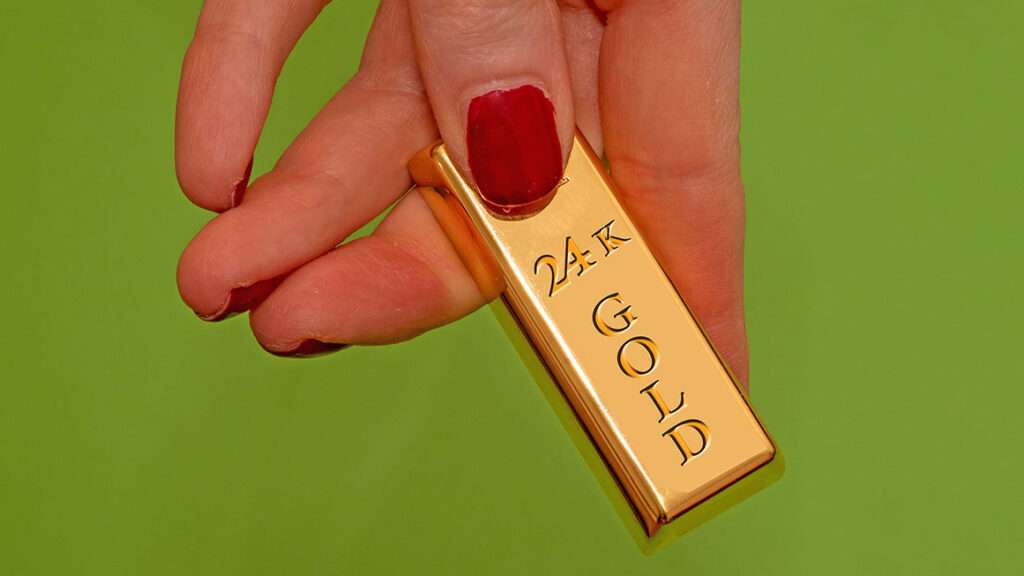
Bitcoin Is an Effective Tool for Liberty
Affirmative: Alex Gladstein

There was a time when it was fair to question whether bitcoin was an effective tool for liberty. In its first few years, when the digital currency didn't have many users, wasn't worth very much, and lacked global markets, it was more a dream than a lifeline. But those days are long gone. Today, millions of people—especially in dictatorships and collapsing economies—rely on bitcoin to give them liberty that governments and corporations try to steal away.
Most bitcoin users aren't "freedom fighters" or "dissidents" in the classic sense. Some are: human rights activists in Belarus, investigative journalists in Russia, humanitarians in Ukraine, feminists in Nigeria, pro-democracy organizers in Togo, educators in Taliban-ruled Afghanistan, and even whistleblowers in the West. But the vast majority are simply people finding value in a financial network that can't be devalued, censored, or stopped. One doesn't need to see oneself as a revolutionary to want a digital form of cash that doesn't require ID and doesn't need permission from the state to operate. One might just be trying to escape from a broken fiat system.
If liberty is freedom and self-sovereignty, then bitcoin is the purest expression of financial liberty. It gives anyone—regardless of birthplace, nationality, age, gender, creed, skin color, education, or wealth—access to the best-performing financial asset of the last decade. It lets anyone with a cellphone send and receive value from anyone else, regardless of what governments think and regardless of borders and political restrictions.
Bitcoin is a superb tool for fundraising for human rights groups and journalists at risk. But it's also—much more importantly in terms of global economic volume—a superb tool for merchants accepting payments from customers in a different country, for employers making payments to employees or contractors half a world away, or for laborers sending remittances to families overseas.
For people in the Global South, bitcoin might be much more valuable than for people in advanced economies. For example, Africa is still divided by more than 45 central banks and 45 different fiat currencies. It is also exploited by colonial currencies like the French CFA franc, and by a neocolonial payment infrastructure where 80 percent of all inter-African payments are processed by American or European companies and where the average fee to send a $200 cross-border payment or remittance from the U.S. or Europe to sub-Saharan Africa is 7 percent.
Making matters worse, corrupt governments enforce a fake "official rate" of exchange in many countries. In Nigeria, the dollar trades for 750 naira on the street but just 450 at regulated institutions. For many companies in Africa, bitcoin is a major upgrade. It allows them to send and receive value at the real exchange rate in seconds from anywhere in the world, colonial boundaries and rent-seeking intermediaries be damned.
Bitcoin can also be an important tool for liberty for citizens of the United Kingdom or Japan or the United States. What if they have family living in the Global South, where sending money is a persistent problem? What if they have friends or clients in Palestine or Cuba, where economic barriers make it difficult if not impossible to send money digitally through the legacy system? What if they have upset the administrators of the payment platform du jour—Patreon or PayPal, perhaps—and are no longer able to collect donations from their fans? Then despite their financial privilege, bitcoin can be a big help.
At its core, bitcoin protects one of the most fundamental liberties—property rights. All it takes is a few minutes of Wi-Fi to download a bitcoin app, back up the seed phrase, and generate an address. Then voila: You now have a way for anyone else in the world to pay you. No one can confiscate your funds without access to your private key. No one can debase your earnings. No one can prevent you from sending value to anyone else. Before Satoshi Nakamoto invented bitcoin in 2009, property rights existed at the pleasure of the state. A group of men with guns enforced them. Today, in the post-bitcoin world, property rights exist regardless of the state. Now they are protected by math.
Bitcoin inarguably has room to grow. Its privacy, user interface, and liquidity leave much to be desired—and are constantly improving. These upgrades will be desperately needed as the world edges closer to a place where governments consolidate power over citizens through central bank digital currencies and the elimination of paper cash.
Vast strides have been made in each of bitcoin's weak areas in the past five years. For someone living in war-torn Ukraine or drought-stricken Somalia, it's easy enough to receive bitcoin from a donor abroad and to sell it for cash, all in minutes. No passport or bank account or technical expertise is required. In sub-Saharan Africa, it's even possible to use bitcoin (with a few tradeoffs) with no internet whatsoever, through a popular mobile text messaging protocol.
Bitcoin's critics have generally never had to deal personally with financial repression. When their bank accounts eventually get frozen, when their payment apps deplatform them, when their wages get devalued, or when their government shows up at their doors asking where a certain bank wire came from, then—finally—they'll understand bitcoin's value proposition.
Gold, Not Bitcoin, Is the Most Likely Replacement for Fiat Money
Negative: Lawrence White
I come to praise bitcoin, not to bury it. I certainly don't come to praise government fiat money or central banking, which I've been criticizing in print for my entire career. My first two books, Free Banking in Britain and Competition and Currency, present the case for free and decentralized banking over central banking. I would love it if the world economy were to run on a completely private monetary standard with free banking.
My forthcoming book, Better Money: Gold, Fiat, or Bitcoin?, argues that gold would be a better monetary standard than bitcoin, and that gold is the standard more likely to emerge bottom-up from free choice by money users. We should appreciate bitcoin for the remarkable thing that it is, not for what it isn't and not for what it isn't likely to become.
Bitcoin has succeeded tremendously at creating a valuable new type of asset. As Alex Gladstein has emphasized, it provides a remarkable censorship-resistant value-transfer system. But, sad to say, it hasn't replaced government fiat money as an everyday or commonly accepted medium of exchange, and it isn't getting any closer to doing so. Granted, some people use bitcoin to remit funds across borders, which counts as medium-of-exchange use, but that too is uncommon. There are cheaper routes for ordinary remittances.
Let me unpack the term "medium of exchange." It means a good that is acquired by trading away a good or service, and which is intended to be spent in acquiring a third good or service.
That's not a common pattern with bitcoin. Few people are paid in bitcoin. Few people routinely buy or sell goods and services for bitcoin. Fewer than 3,000 merchants in the United States publicly accept bitcoin, according to NerdWallet subsidiary Fundera's last count. There are economic reasons for that, most importantly that the purchasing power of bitcoin is highly volatile. It would be a dangerous way to hold your rent money, because its value can drop 10 percent in a few days. Mostly, bitcoin is purchased with fiat (or fiat stablecoins) not to be spent, but to be "hodled" (held) as a form of savings or "store of value," in hopes that its price will rise. When unhodled, it is mostly exchanged back into fiat.
Bitcoin is not on a trajectory to replace established monies. In the last few years it has actually lost the one niche where it was the leading medium of exchange, namely crypto-asset markets. Bitcoin used to be the main exchange medium used in buying and selling Ether, Dogecoin, Zcash, Monero, and the other coins that constitute the other 58 percent of the total crypto-asset market. No longer. The No. 1 medium of exchange on crypto markets is now USD Tether, followed by other U.S. dollar stablecoins.
Following its current trajectory, bitcoin will continue to serve as a savings vehicle and a niche censor-resistant value-transmitting system, and continue to exhibit high price volatility, without ever replacing other monies as a commonly accepted medium of exchange.
Many bitcoin owners are happy with hodling as a way to get rich. To no-coiners they say: "Have fun staying poor." They don't feel the need to insist that bitcoin will supplant established monies. But others want to say that bitcoin is bound to, eventually, take the place of fiat monies, including the dollar, and that it is the future of free exchange.
I can't say it's logically impossible for bitcoin to replace established fiat monies, but bitcoin's built-in volatility makes that unlikely.
One bitcoiner has proposed an "inevitability sequence" in which a growing market cap brings declining price volatility, that encourages wider acceptance of bitcoin as a medium of exchange, and that reinforces declining price volatility, generating a positive feedback loop.
One problem: There's no evidence of declining price volatility after 13 years.
A second problem: There's no reason to expect it. Demand for bitcoin remains predominantly speculative, and every demand swing is fully reflected in price because the quantity of bitcoin—unlike ordinary commodities—does not respond to changes in demand that change its price. In Econ 101–speak, the bitcoin supply curve is vertical, completely price-inelastic. By contrast, a demand surge that raises the price of toilet paper soon leads to the production of more toilet paper, bringing the price back down. Gold has a slightly elastic supply in the short run, but very elastic supply over the long term.
A single common money emerges spontaneously because of the network property of a medium of exchange. Silver (or salt, or a cowrie shell) is more useful to you as a medium of exchange if a greater number of potential trading partners accept it. An established money therefore has a strong incumbency advantage.
The 6.4 percent inflation rate of January 2023 (over January 2022), even if it persists, will unfortunately not be sufficient to reverse the U.S. dollar's incumbency advantage. The recent experiences of other countries with high inflation demonstrate that it takes an inflation rate much higher than 6.4 percent to get people to abandon an incumbent currency and start using something else for ordinary exchanges.
When a country hyperinflates and people do switch (as in Venezuela and Lebanon in recent years), they predominantly switch to U.S. dollars. But, you might ask, what if all the major government fiat monies were to become nearly as bad as the Venezuelan bolivar? Even in the unlikely event that all the fiats do hit 20 percent inflation or more, the gold standard would be more likely to reemerge than a bitcoin standard. On top of gold's relatively limited volatility, the World Gold Council puts nonbank public ownership at $2.8 trillion in gold coins and bullion, versus the less than $0.5 trillion market cap for bitcoin (with the current price below $25,000). Gold has a larger network.
Subscribers have access to Reason's whole May 2023 issue now. These debates and the rest of the issue will be released throughout the month for everyone else. Consider subscribing today!
- Debate: It's Time for a National Divorce
- Debate: Artificial Intelligence Should Be Regulated
- Debate: Democracy Is the Worst Form of Government Except for All the Others
- Debate: To Preserve Individual Liberty, Government Must Affirmatively Intervene in the Culture War
- Debate: The E.U. Was a Mistake
- Debate: The U.S. Should Increase Funding for the Defense of Ukraine
- Debate: Mentally Ill Homeless People Must Be Locked Up for Public Safety
- Debate: Despite the Welfare State, the U.S. Should Open Its Borders
- Debate: Cats Are More Libertarian Than Dogs
- Debate: Make Housing Affordable by Abolishing Growth Boundaries, Not Ending Density Restrictions
- Debate: Bitcoin Is the Future of Free Exchange
- Debate: Be Optimistic About the World
The post Debate: Bitcoin Is the Future of Free Exchange appeared first on Reason.com.








